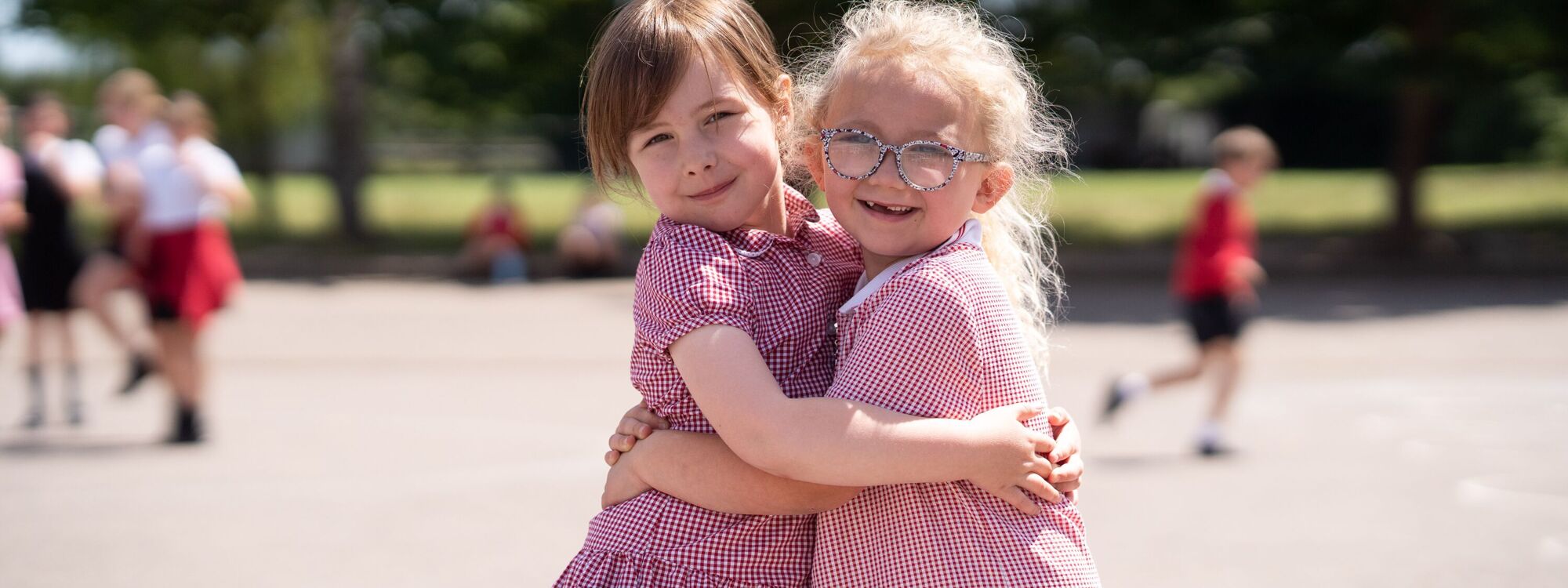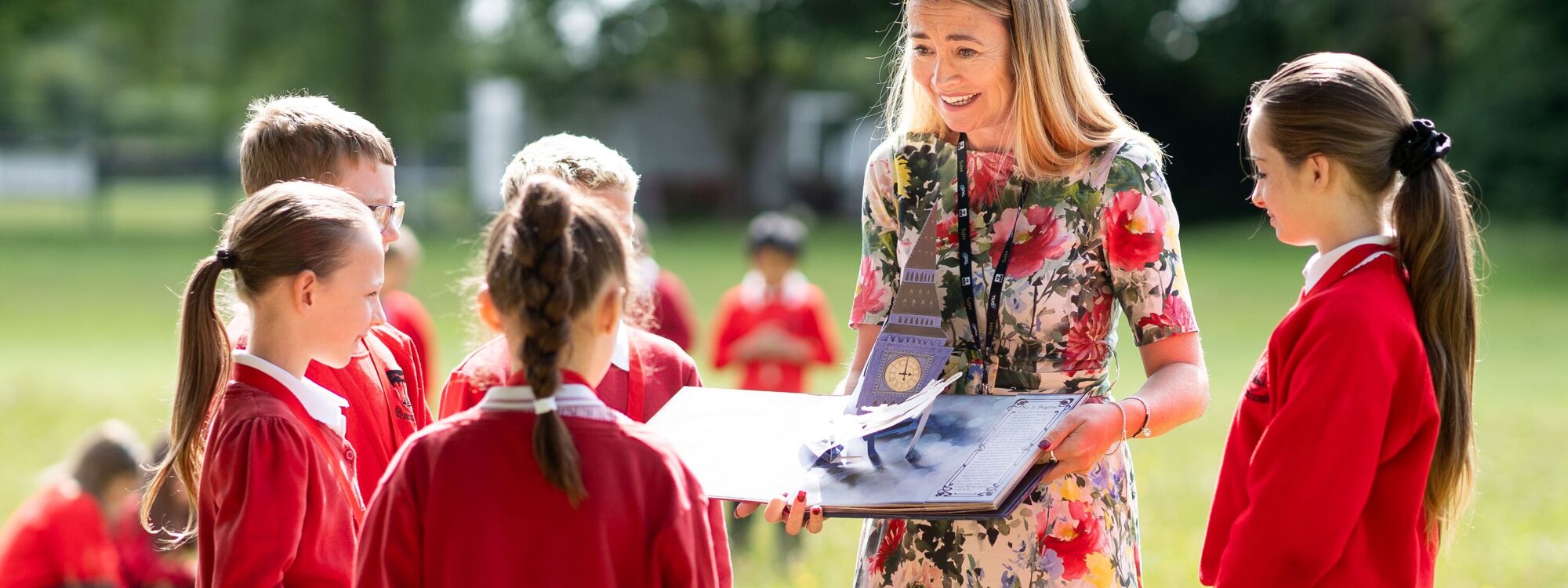Behaviour
As part of the #oneTKATfamily we have a shared and common purpose to work together as a community of schools to ensure that every child, whatever their background, receives a high quality education within a safe, inclusive and ambitious environment. We achieve this through the values of :
- shared voice
- shared belief and
- shared success.
At TKAT we have developed our Trust behaviour policy to embrace this mission and ensure all children, especially those most in need, achieve their full potential. Pupil behaviour and academic progress are inextricably linked, so it is of the utmost importance that staff support and model to, and encourage pupils across The Kemnal Academy Trust to display positive behaviour.
Each academy follows their own behaviour management policy which are underpinned by the values of the trust and clearly sets out procedures for supporting pupils, specific to the setting. The TKAT behaviour policy summarises the principles and expectations which support academy specific policies, all of which aim to promote a warm, caring, stable and supportive environment where all pupils and staff feel safe.
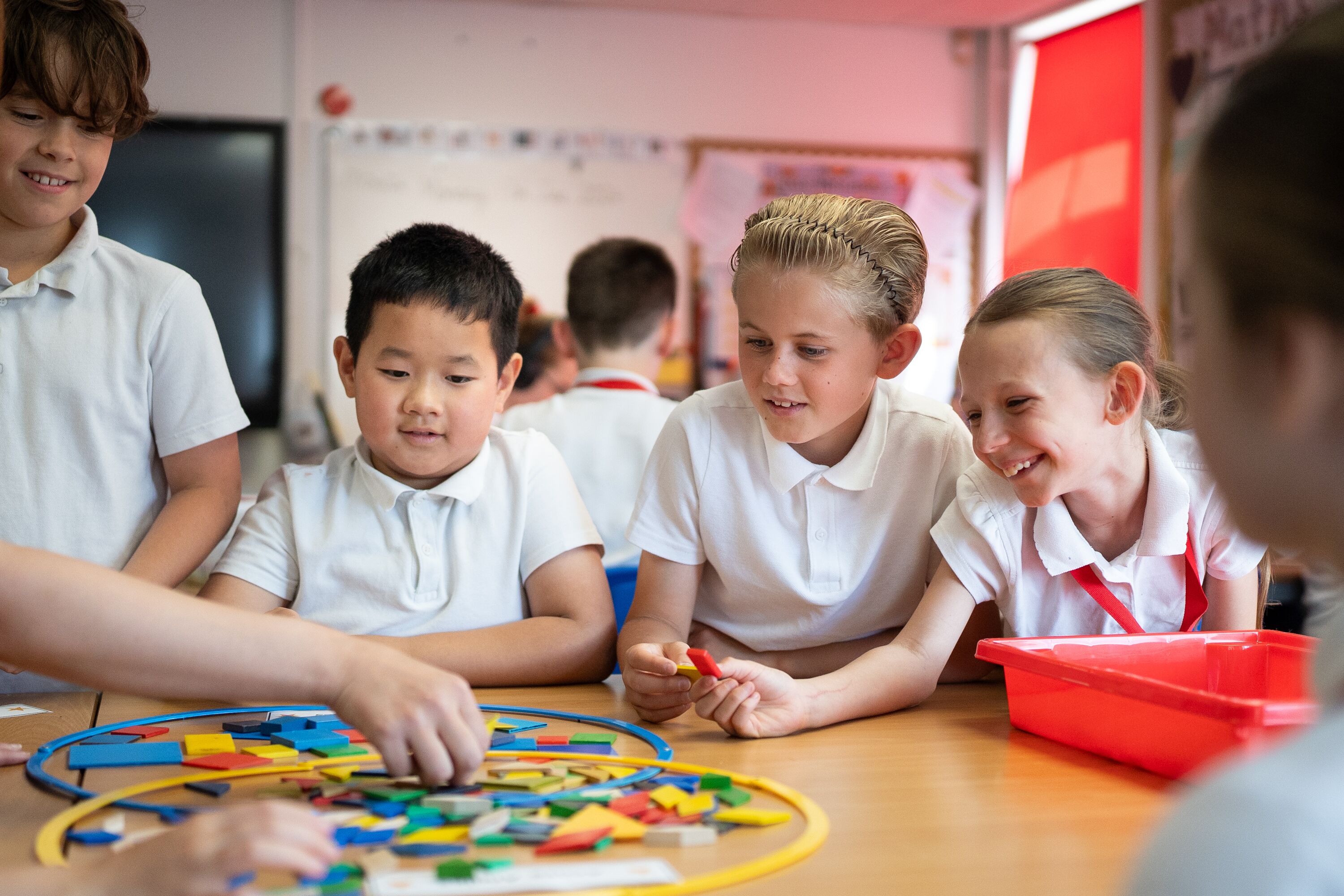
Intent
As a TKAT school we have a shared and common purpose to ensure all pupils, regardless of the traditional barriers to success, have the opportunities and resources to achieve their academic and career aspirations within a safe, inclusive and ambitious environment. We are an academy that thrives to provide an environment of:
- Aspiration
- Respect and openness
- Enablement for pupils to thrive
through the values of:
- Shared voice
- Shared belief
- Shared success
At Heybridge Primary School we develop excellent standards of behaviour through our Behaviour Curriculum and policy.
This curriculum carefully defines the behaviours and habits that we expect pupils to demonstrate, and is underpinned by our core values and learning behaviours.
Our Heybridge learning behaviours are:
- Be confident speakers- CF
- Be resilient - R
- Be ambitious - A
- Be brave - B
- Be emotionally intelligent - EI
- Be future leaders- FL
We believe that as pupils practise these behaviours over time, they become automatic routines that positively shape how they feel about themselves and how other people perceive them.
A learning behaviour can be thought of as a behaviour that is necessary in order for a person to learn effectively in the group setting of the classroom (Ellis and Todd, 2018). EEF Research
Learning behaviours are about more than managing ‘misbehaviour’ in the classroom, they are about building long term protective factors for deeper learning. As we teach these, developing and strengthening learning behaviours in our pupils, they become more motivated and determined to succeed.
Each cape and medal of Success represents a Learning Behaviour children can demonstrate to be Successful learners. KS1 children are awarded a cape of success and in KS2, a medal.
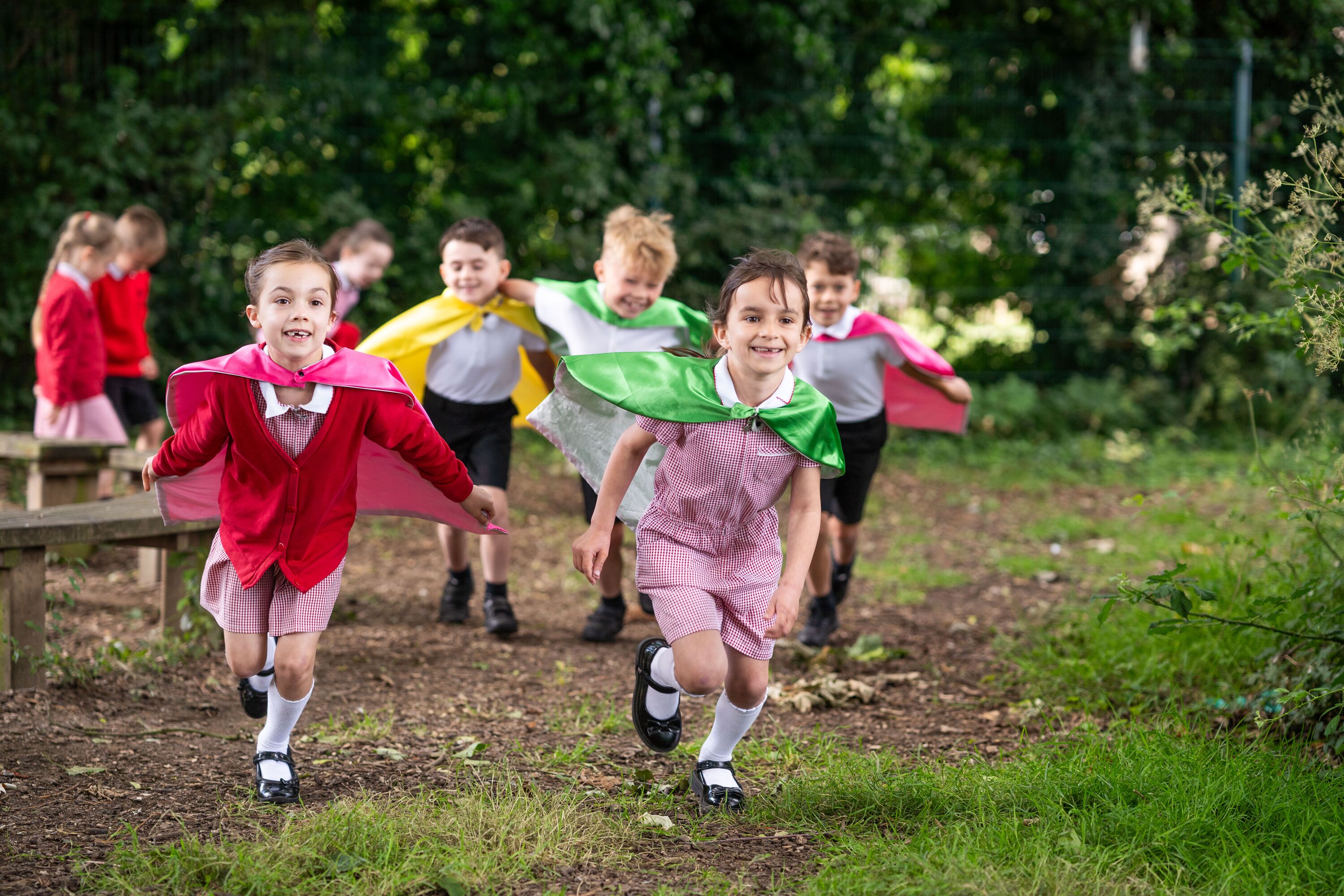
Zones of regulation
The Zones of Regulation is an instructional tool to build a safe, supportive environment that fosters learning and wellbeing for all. Children learn through structured lessons an increased self-awareness and emotional skills. They use a common language for communication, problem solving and emotional understanding. Rooted in cognitive behaviour therapy, the tools use four colours to help individuals identify how they are feeling in the moment given the energy, feelings and level of alertness. By understanding how to read their bodies, detect triggers, think about the social context and consider their reactions, individuals learn a system for how to increase their ability to regulate their feeling, manage their sensory needs and become more self-aware and skillful problem solvers.
More time is spent on learning instead of behaviour management and when embedded into daily routines a healthier and more inclusive school climate is achieved.
Every morning and afternoon when teachers take their class register children will
identify how they are feeling and what zone they are in. Classes have displays for
children to access at all times to help them identify the zone and class teachers and
LSA’s support children to ‘get back to the green zone’.
e.g. Teacher - “Good morning Riley”
Child - “Good morning, green”
Children are taught strategies to always ‘get back to the green zone’.
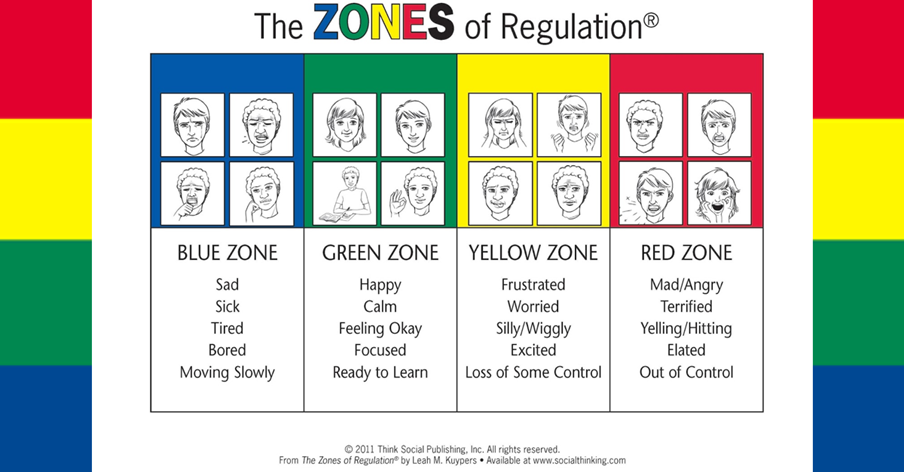
Rewards
Students’ reward for ‘green’ behaviour should be first and foremost their own self pride as a model young citizens. However, there are extra rewards for exceptional behaviour.
- Hot chocolate with the Headteacher - Headteacher’s awards
- Writers guild awards
- Marvellous Me messages home
Please see below for our Home School Agreement
